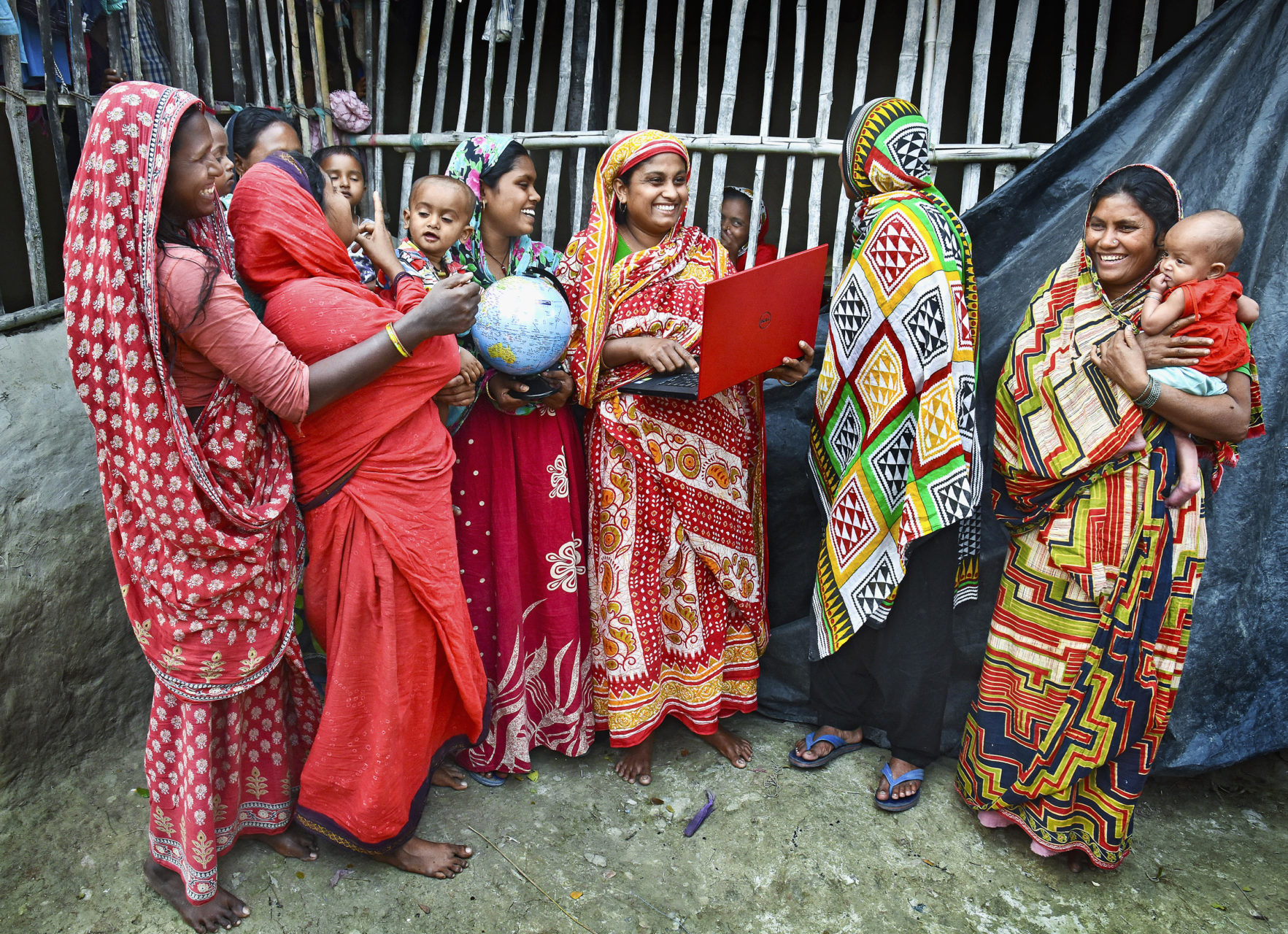
The Language and Culture of PSEA
Workshop Outcome Report
Few humanitarian aid workers consider the impact of language and culture on the Prevention of Sexual Exploitation and Abuse (PSEA).
InterAction’s report, “The Language and Culture of PSEA,” highlights how linguistic and cultural differences inherent in humanitarian contexts intersect with vulnerability. It is not enough to analyze factors of poverty, gender, age, and disability when examining vulnerability in crisis contexts. Aid organizations must recognize the role of language and culture and take steps to integrate that understanding in every step of programming.
This report shares the collective knowledge and input of several NGOs on the unique challenges that language and culture bring to the PSEA portfolio. It encourages humanitarians to address linguistic and cultural obstacles to design more effective PSEA programming. It frames recommendations for donors to use their position to support coordinated efforts and prioritize investments on language and culture data.
This report is the result of collective engagement, discussion, and agreement on the below recommendations:
- Developing shared SEA terminology and definitions across the sector.
- Investing in collective learning and action around SEA informed by linguistic and cultural awareness.
- Continuous learning events such as workshops to improve NGOs’ understanding of issues that impact PSEA, such as legal frameworks and human resourcing.








